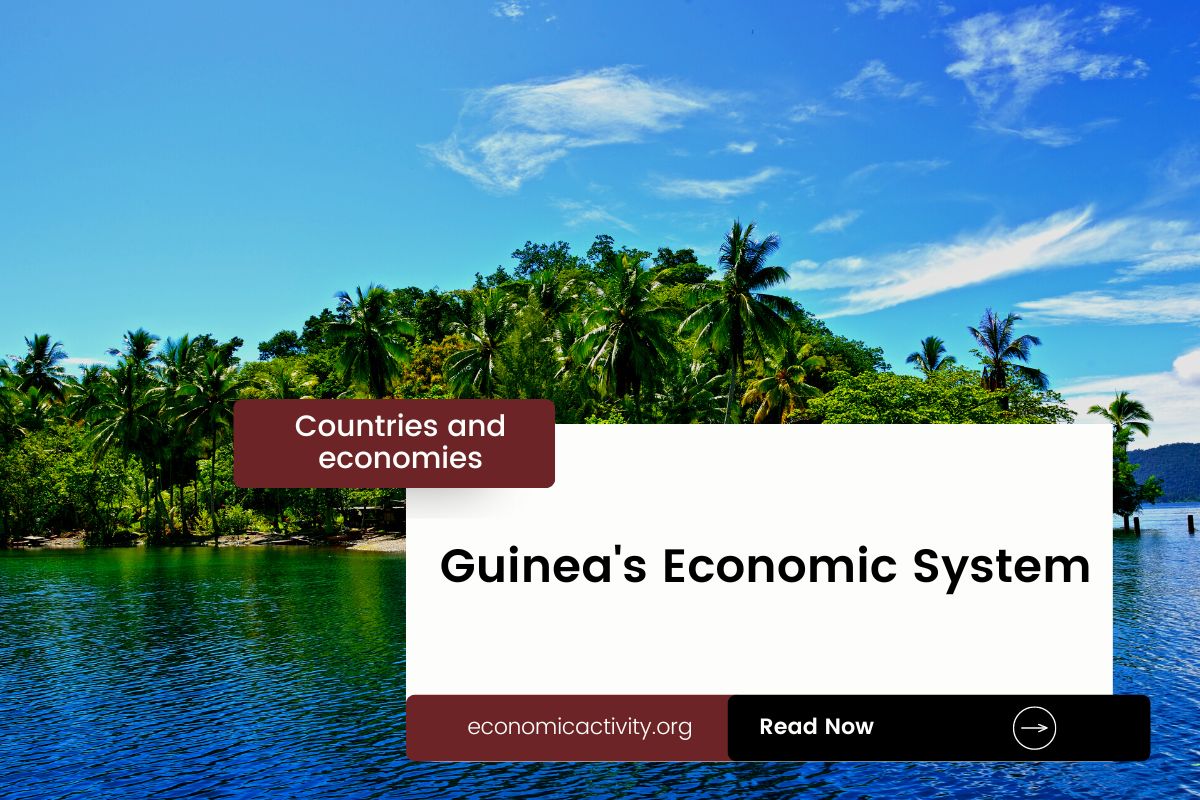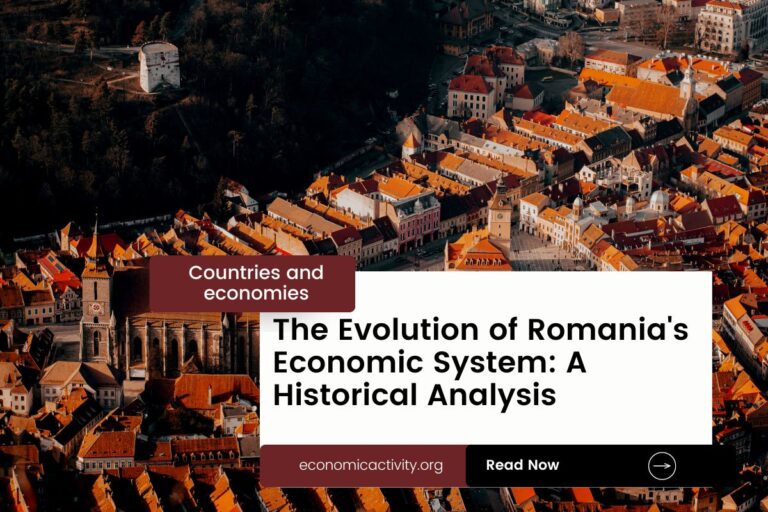What is the economic system of Guinea? The economy of Guinea is based on a mixed economy. The country’s economic system combines elements of a market economy and a planned economy.
In Guinea, the economy is composed of a private sector, consisting of individuals and businesses that make autonomous decisions based on self-interest, and a public sector, where the state determines the production and distribution of certain goods and services. No country is purely capitalist or purely communist.
What do the freedom indexes tell about the economic system of Guinea?
To determine if a country is mostly a market economy or a planned economy, it is useful to examine some economic indexes. For instance, according to the 2022 Index of Economic Freedom, which measures the ability of every human to control his own labor and property, Guinea is ranked 129th globally and 25th in Sub-Saharan Africa indicating that the country has a mostly unfree economy.
In a similar way, the 2022 Freedom House index evaluates the state of political rights and civil liberties globally. Generally, market economies tend to align more with democracy and freedom, while command economies tend to be characterized by greater state control and fewer democratic and civil liberty protections. Guinea gets a score of 34/100, which qualifies it as Not Free. Guinea is a country where the government controls what people do for political reasons, and people have limited freedom to choose (what, how much, and how to produce, whether to buy or not, selling price, etc.)
The Link Between Public Sector Employment and the Economic System of Guinea
An indicator of the extent to which the State is involved in the economy is the number of public sector employees. In Guinea, according to ILOSTAT, the number of public sector employees as a percentage of the total workforce is 6.8% (2018). In the country’s mixed economy, the number of public sector employees as a percentage of the entire workforce varies based on the specific policies and practices adopted by the State. Some economic activities are left to the private sector while others are under government control. The bigger the public sector the closer is the economy to being a command economy.
The historical factors that have influenced the economic system of Guinea
The current mixed economy system of Guinea in the last century was caused by a combination of factors, including the country’s colonial history, its post-independence economic policies, and the global economic environment. Colonial rule left Guinea with a legacy of weak institutions and infrastructure, while post-independence policies focused on state-led development and import substitution. The global economic environment has also had an impact, with the country’s economy being heavily reliant on commodity exports and foreign aid.





Leave a Reply